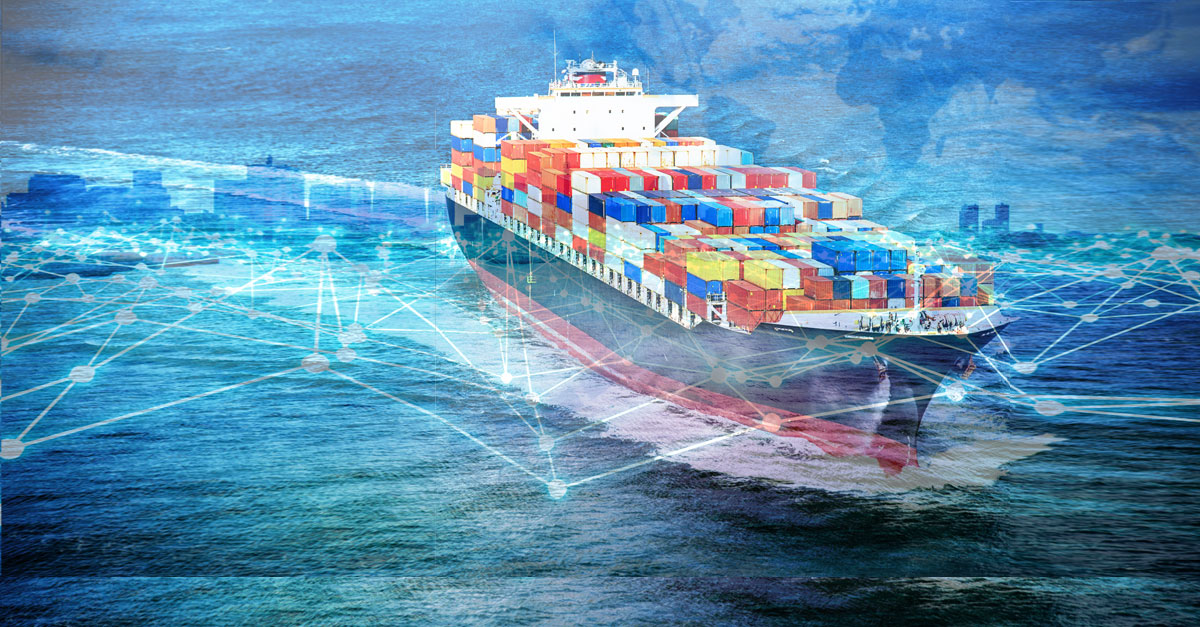Skip to content
Creating transparency across the entire life cycle of a product: this is what the Digital Product Passport (DPP) aims to achieve. On November 23, 2023, the European Commission published a regulation that will come into force in 2024. Due to the highly interconnected international supply networks, this regulation not only affects companies in the EU, but also has an indirect impact worldwide.What is the Digital Product Passport (DPP)?The regulation contains detailed requirements for the content of the DPP. The Digital Product Passport should contain information about the following topics:Product identity and origin Product composition and propertiesEnvironmental impact of the productProduct repairability and recyclabilityEvery citizen should then be able to access the described information via a QR code or a hyperlink attached to the product.The German Federal Ministry for the Environment, Nature Conservation, Nuclear Safety and Consumer Protection (BMUV) has already published a list of the product groups for which the DPP will be mandatory by 2025. These areEnergy consumption-relevant products: Household appliances, office equipment, consumer electronics and lighting fixturesLarge electrical and electronic equipment (EEE): Televisions, refrigerators, washing machines, dishwashers and air conditionersTextiles: Clothing, shoes and bed linenPackaging: Plastic packaging, metal packaging and paper and cardboard packagingWhat is the Digital Product Passport for?According to the ministry, the introduction of the Digital Product Passport will make an important contribution to the circular economy. The DPP will enable consumers to make more sustainable consumption decisions. It will also help manufacturers to improve the environmental impact of their products.Concrete impacts of the DPP:Consumers will be able to recognize more easily which products are repairable and which are not. This will help to ensure that more products are repaired and fewer end up in the garbage can.Manufacturers will be encouraged to design their products in such a way that they can be repaired more easily. This will lead to an extension of the service life of products.The recyclability of products will be improved. This will help to ensure that more raw materials from old products can be reused.The introduction of the DPP will be an important step towards a more sustainable economy.Implementation of the digital product passport in practiceThe SupplyOn Traceability solution supports customers and suppliers along the supply chain in collecting and providing the data required for the DPP. The data is then available to authorized users for further processing in the SupplyOn Data Lake called DAISY (data space industry). In addition, SupplyOn's Digital Twin solution offers a wide range of options for providing data to all participants in the industrial network.The EU has already announced that the list of mandatory product groups will be expanded in the future. The European Commission plans to review and adapt the DPP regulation every three years. SupplyOn will follow developments very closely and expand its services for new product groups and content accordingly.


Track and trace, that is, determining the location of shipments, is definitely nothing new. Yet everyone still seems to be talking about it. How come?Easy: We know that networked production as well as “smart factories” require reliable information on the delivery status of components. But this also translates to delivery logistics, where it’s important to know, for instance, where a spare part is located and whether it will reach its final destination on time or whether the parts will arrive at the assembly plant (CKD) as scheduled.Sure, logistics service providers are already able to provide plenty of data regarding the location of a shipment – granted, not always in real-time, but still. Yet, how do we connect our systems with those of the logistics service providers? What do we do with the data? How can parts and status notifications be linked to each other without requiring an inordinate amount of effort and time from service providers and suppliers? How can we avoid having to enter data for different customers into individual custom portals? And how can all this data be analyzed effectively? Questions abound. (more…)
